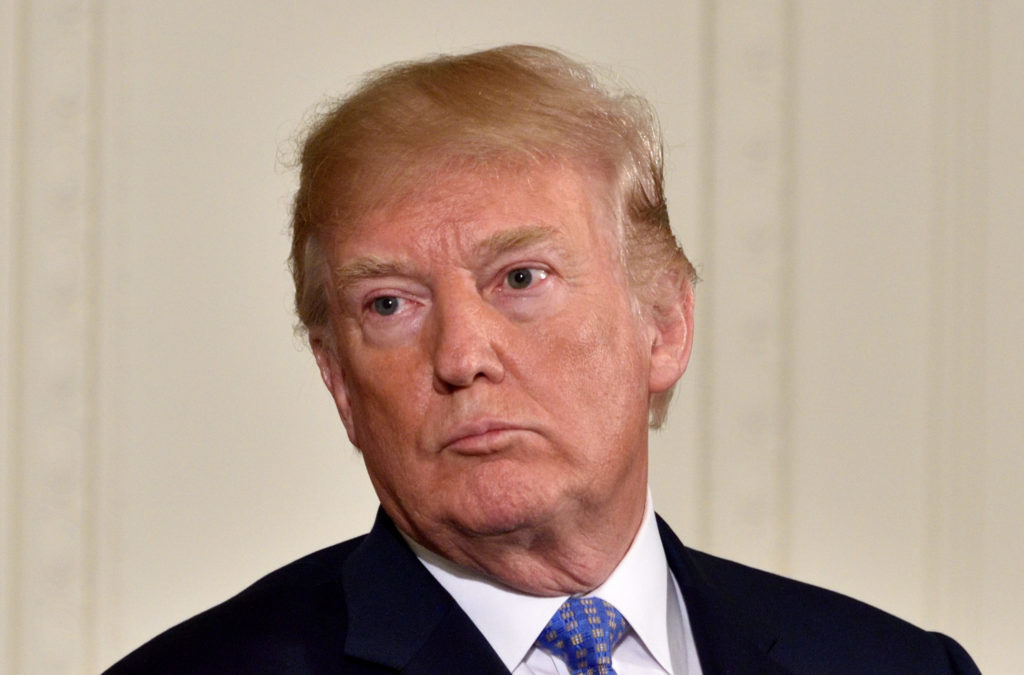Donald Trump’s executive privilege black hole

The executive privilege controversy thus far: The members of the January 6th committee want to get their hands on written communications, calendar entries, phone records and videos related to the January 6th insurrection in order to learn the response of the White House to the violence at the Capitol. In his suit against the National Archives Donald Trump (and what I really mean is, Donald Trump’s lawyers) argued that those documents and recordings are covered by executive privilege and they, the Committee, has no right to them. US District judge Tanya S. Chutkan thinks otherwise. She denied the claim.
It’s easy to understand, especially these days, how executive privilege can be conflated with white privilege. It seems a natural extension of the colossal failure of equal justice under the law. Anyone who thinks that there aren’t two sets of rules, those that apply to the rich, white and powerful and those that apply to the rest of us, hasn’t been paying attention.
But believe it or not executive privilege is not a unique fiat for the president to wield at his pleasure, discretion and for his benefit. The United States Supreme Court has already weighed in. “[Executive] privilege,” the court declared in a landmark 1977 decision, “is not for the benefit of the President as an individual, but for the benefit of the Republic.” The occasion for this declaration was former President Richard Nixon’s attempt to destroy his Watergate tapes 3 years after leaving office.
Nixon argued that the tapes were his personal property, that he could do as he pleased with them. The Court disagreed, citing in part the Presidential Records Act, passed by Congress as a response to Watergate, which changed ownership of a president’s official files from private to public. What’s more, the court found, as Nixon was no longer in office, executive privilege didn’t apply anyway, rendering the more nitpicking aspects of the whole question moot.
Because this decision was handed down by SCOTUS, and because Trump’s appellate odyssey will almost certainly bring him there, it will be interesting to see what a very Trump-friendly court will do. Chances are they will find against Trump, because, unlike their counterparts in the other branches of government, they have a job for life. But it’s also likely because SCOTUS precedent is clear and unequivocal in this case.
In short, in a ruling that is destined to be famous if for no other reason than its most cogent observation, judge Chutkan said, “Presidents are not kings and plaintiff is not president.” It is particularly satisfying that Judge Chutkan is a woman of color, and Trump is probably doubly livid on that account.
So the whole question of executive privilege is headed for SCOTUS where it looks as though it will die a violent death. The committee will then have documents, phone records, videos and corroborating testimony exposing exactly who was behind the insurrection, what role they played and how criminally culpable they may be. Hiding that from the American people is most emphatically not in their best interest. Only criminal activity fears the exposing light of day. And, as ever, ladies and gentlemen, brothers and sisters, comrades and friends, stay safe.

Robert Harrington is an American expat living in Britain. He is a portrait painter.
